UP TO THE MINUTE
Maintaining balcony safety and compliance in the Sunshine State
June 26, 2025 at 10:00 a.m.Florida lawmakers have filed and passed several bills that aim to address the structural integrity of the state’s aging condominium buildings.
In a state known for its balmy breezes and stunning coastlines, balconies have long been key and desirable features of condominiums and hotels. However, the safety and regulation of such building structures were called into question following the tragic Surfside condominium collapse in 2021, which killed almost 100 people.
Since then, Florida lawmakers have filed and passed several bills that aim to address the structural integrity of the state’s aging condominium buildings—a major concern given that over 912,000 of Florida’s condos are more than 30 years old. These bills have mandated “milestone inspections” for condominium buildings with three or more stories between 25 and 30 years of age, with subsequent inspections required every 10 years.
The latest bill to hit the Florida House and Senate is slated to go into effect in July 2025 and represents the most recent and significant update to condominium safety laws. House Bill (HB) 913 builds on previous laws and aims to balance building safety with the financial realities that are faced by building associations and unit owners. The bill underscores the state’s continued commitment to ensuring the structural integrity of older buildings with balance and pragmatism.
While HB 913 focuses largely on residential condominiums, it exists within a broader framework of state safety laws that also apply to public lodging establishments, such as hotels and vacation rentals. One such statute—Florida Statute §509.2112—targets safety-critical outdoor elements like balconies, exterior corridors and elevated walkways.
These requirements complement the broader structural inspection mandates by focusing on high-risk exterior components, particularly where water intrusion, corrosion and prolonged exposure to Florida’s harsh coastal climate can threaten structural soundness.
Proactive policies, whether focused on entire structures or targeted outdoor elements, underscore a key truth: many of the most serious structural risks originate not from dramatic events, but from slow, silent deterioration caused by the environment itself. And chief among these threats is water.
That’s why waterproofing systems, especially those protecting elevated exterior features like balconies and walkways, play an important role in ensuring compliance with these evolving regulations and, more importantly, in safeguarding the people who use these spaces every day.
The Critical Role of Waterproofing in Structural Safety
Waterproofing systems play a critical role in preserving the longevity and safety of elevated structures like balconies, rooftop decks and walkways. These systems are designed to prevent water infiltration, which can lead to corrosion of metal supports, rot in wooden substructures, and spalling or cracking in concrete surfaces. Improper or deteriorated waterproofing is one of the most common causes of hidden structural damage, especially in humid, coastal climates like Florida, where constant exposure to rain, salt air, and humidity accelerates degradation.
Beyond damage prevention, waterproofing serves as a compliance and liability mitigation function, too. With inspection laws like HB 913 and Statute §509.2112 in place, property owners and associations are increasingly under pressure to demonstrate that safety-critical elements, especially those that are exposed to harsh elements, are properly maintained. Waterproofing systems are often one of the first things professionals evaluate during milestone inspections, as their failure is a red flag for deeper structural vulnerabilities.
During inspections, professionals evaluate whether these waterproofing barriers are intact, properly sealed, and effectively diverting water away from joints, seams, and load-bearing elements. If a system is found to be compromised, prompt repair or replacement is often recommended to mitigate liability and prevent expensive structural failures down the road.
That’s where advanced solutions like Pli-Dek come in.
Pli-Dek is a high-performance cementitious waterproofing and decking system designed for both residential and commercial applications. It offers a combination of technical performance, aesthetic flexibility and cost efficiency that makes it ideal for Florida’s climate and code environment. Cementitious technologies like Pli-Dek are fast-drying, easy to install, and low maintenance. Additional advantages include low VOC/odor, UV resistance, Class A fire rating, and a wide range of finish options.
Pli-Dek Custom Solutions
As an industry leader for more than half a century, we're more than just experts in the technology itself: Pli-Dek builds partnerships and brings our construction, rehabilitation, and compliance experience to every project, helping to build custom solutions, develop emerging coatings, and meet varying mandatory requirements across the country. We regularly offer courses to educate contractors and new installers of cementitious waterproofing, as well as certifying them in applying our coatings. (Click here to learn more about becoming a certified Pli-Dek applicator.) And if you're already certified, we have a Finish Clinic that provides hands-on training where installers learn to master techniques for providing high-end aesthetics like unique borders and upscale custom finishes.
Our customer support also includes regular technical bulletins, as well as a robust and easily accessible Document Library. From product details and specifications to testing information, application instructions, and Safety Data Sheets, we make it simple to get the information you need to get back to your work.
Whether you're ready to implement a cementitious system on an existing project or exploring options for upcoming construction, the Pli-Dek team will equip you to make a well-informed decision that you'll be glad for down the road. Contact us, and let's discuss what you're looking for—and how we can make it happen.
Additional resources:

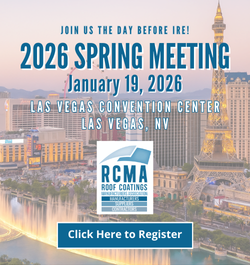


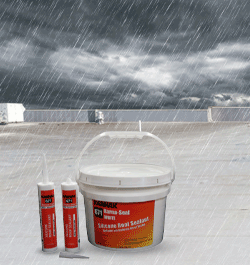







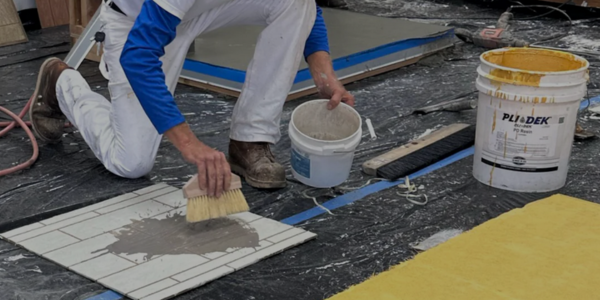
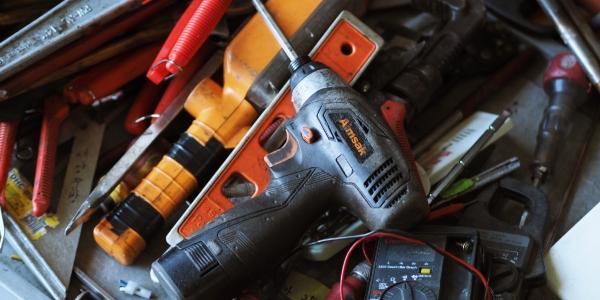
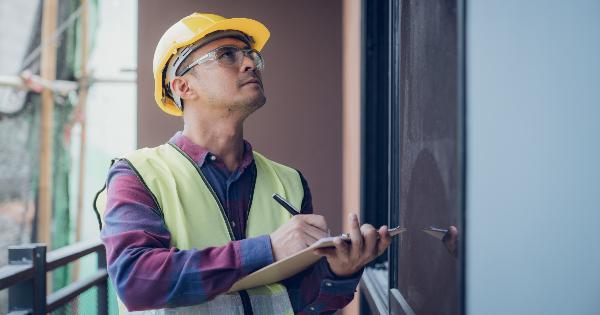
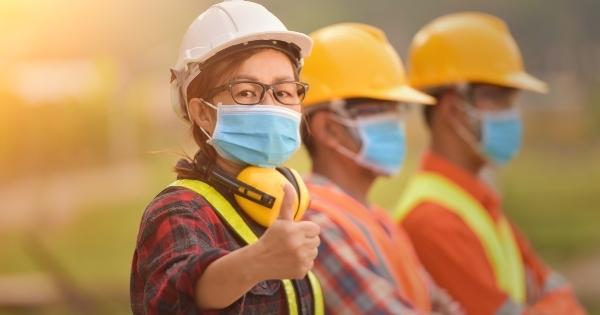






Comments
Leave a Reply
Have an account? Login to leave a comment!
Sign In